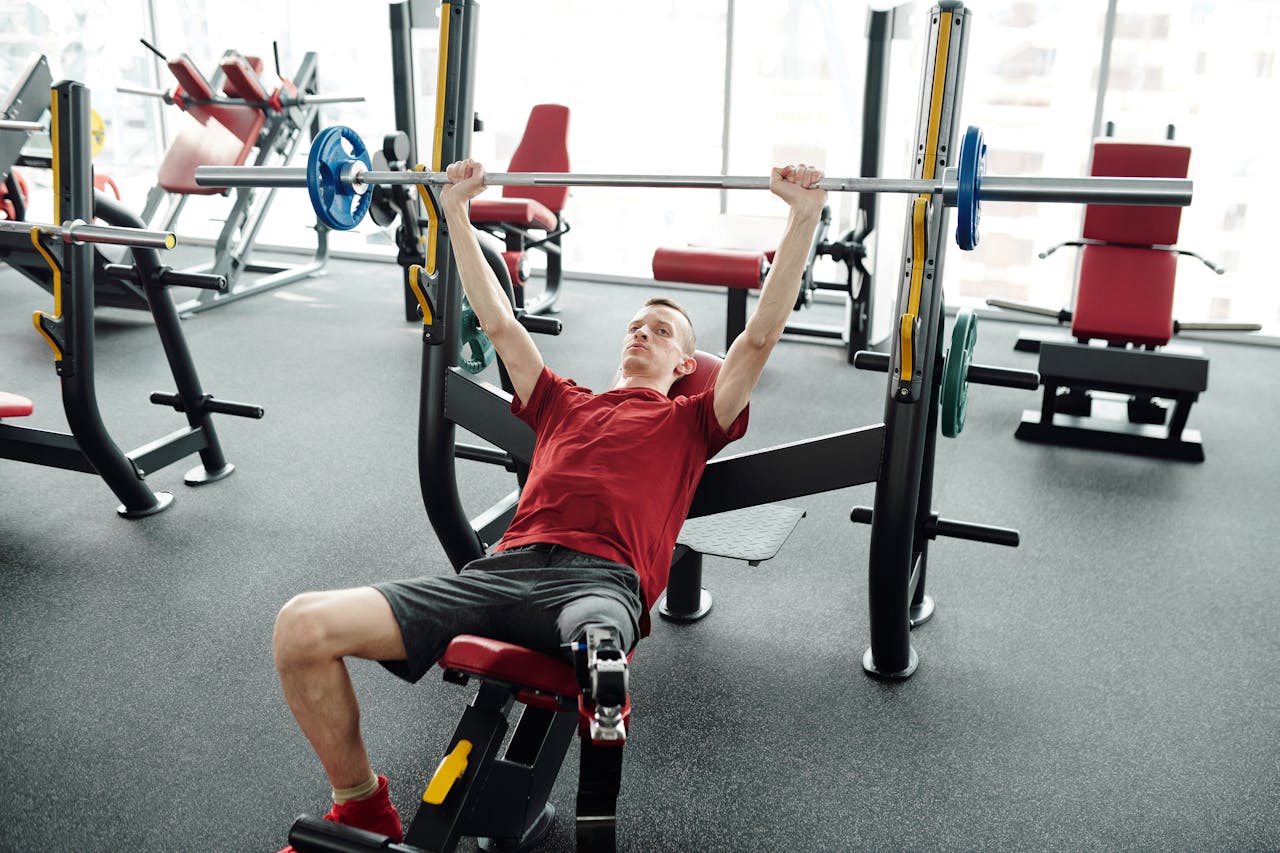Are you concerned about the future health of your joints? It’s a valid concern, as joint problems can significantly impact quality of life. Several factors can increase your risk of developing joint issues. Are you 45 years or older? This is a significant risk factor, as the natural wear and tear on joints accumulates over time. Are you more than ten pounds overweight? Excess weight puts additional stress on weight-bearing joints like knees and hips. Do you participate in more than three hours of heavy physical activity daily? While exercise is generally beneficial, excessive strain can also contribute to joint problems. Have you ever injured your knee or any other joint?
Past injuries can predispose you to future issues. Have you undergone any kind of surgery on any of your joints, even as a child? Even childhood surgeries can have long-term effects on joint health. Have you complained of stiffness, pain, or swelling around any joint over the last year? These are common symptoms of joint problems. Can you walk or climb without pain in your hips or knees? Difficulty with these activities can be a sign of underlying joint issues. If you answered yes to any of these questions, you may have a higher chance of developing joint problems in the future. It’s crucial to take proactive steps to protect your joint health.
Understanding Joint Health and Risk Factors
Millions of people experience joint discomfort and related problems. Age is a primary factor, but other elements like genetics, excess weight, and previous injuries also play significant roles. Heredity can influence your predisposition to conditions like osteoarthritis. Being overweight increases the load on joints, accelerating wear and tear. Past injuries, even seemingly minor ones, can weaken joint structures and increase vulnerability to future problems. It’s important to understand these risk factors to take appropriate preventive measures. Recognizing these factors allows for a more personalized approach to joint care and can empower individuals to make informed decisions about their health.
Proactive Strategies for Joint Health
Taking proactive steps to support joint health is crucial for maintaining an active and fulfilling lifestyle. One of the most effective strategies is maintaining a healthy weight. Excess weight places significant stress on joints, particularly the knees, hips, and spine. Losing even a modest amount of weight can significantly reduce this stress and alleviate discomfort. Consulting with a qualified dietitian or doctor can be beneficial, especially if you need to lose a substantial amount of weight or are returning to exercise after a long period of inactivity. They can provide personalized guidance and support to help you achieve your goals safely and effectively. This personalized approach considers individual needs and circumstances, maximizing the potential for success.
The Importance of Proper Exercise
Regular exercise is essential for joint health, but it’s crucial to choose the right types of activities. Exercise increases flexibility, strengthens supporting muscles, reduces stiffness, and improves overall joint function. Always warm up before any workout to prepare your muscles and joints for activity. Applying heat to specific problem areas can further enhance flexibility and range of motion. It’s equally important to avoid overexertion and listen to your body. If you experience fatigue or sudden discomfort, stop and rest immediately. After your workout, cool down to allow your muscles to relax and apply ice to any areas that are still sore to reduce inflammation. Opt for low-impact exercises like biking, walking, or swimming, which are gentle on the joints. As your fitness improves, you can gradually incorporate strength training, yoga, or Pilates to further enhance strength and flexibility. Investing in proper footwear and equipment is also essential to minimize stress on your joints during exercise. This holistic approach to exercise ensures both effectiveness and safety.
Lifestyle Modifications and Dietary Considerations
Beyond exercise, several lifestyle modifications can significantly impact joint health. When lifting and carrying objects, maintain proper posture and distribute weight evenly to avoid unnecessary strain on your back and joints. Dietary changes can also play a vital role. Incorporating fish rich in omega-3 fatty acids can have positive effects on joint health by reducing inflammation. Consuming five servings of fruits and vegetables daily provides essential vitamins, minerals, and antioxidants that support overall health and can contribute to weight management. Increasing your intake of vitamin C and beta-carotene has also been linked to reduced joint discomfort. Antioxidants like lutein and lycopene, found in vegetables like carrots, broccoli, tomatoes, and spinach, and fruits like kiwis, strawberries, and oranges, offer additional support for joint health. These dietary adjustments provide a comprehensive approach to nourishing and protecting your joints.
Long-Term Joint Health and Supplementation
Taking care of your joints proactively can help delay age-related degeneration and maintain an active lifestyle for longer. As joints deteriorate, discomfort can become debilitating, impacting your ability to engage in daily activities. Proactive measures taken today can help maintain joint suppleness and flexibility, promoting independence and quality of life. Certain supplements can also support healthy joint function and slow the progression of joint discomfort. It is important to consult with a healthcare professional before starting any new supplement regimen to ensure it is appropriate for your individual needs and overall health status. Remember, there is no single guaranteed way to prevent all joint problems, but adopting a proactive approach through lifestyle modifications, exercise, diet, and potentially targeted supplementation can make a significant difference in maintaining long-term joint health and well-being. Don’t wait until it’s too late; start prioritizing your joint health today.
This article is editorial in nature and does not constitute medical advice. Always consult a physician for any health-related concerns, whether psychological or physical.
Sources:
1 Vincent, H. K., & Montero-Fernandez, N. (2014). Obesity and weight loss in the management of osteoarthritis. *PM&R*, *6*(4), S47-S56. 2 Roos, E. M., & Arden, N. K. (2016). Strategies for the prevention of osteoarthritis. *Nature Reviews Rheumatology*, *12*(1), 39-49. 3 McAlindon, T. E., Bannuru, R. R., Sullivan, M. C., Arden, N. K., Berenbaum, F., Bierma-Zeinstra, S. M., ... & Underwood, M. (2014). OARSI guidelines for the non-surgical management of knee osteoarthritis. *Osteoarthritis and cartilage*, *22*(3), 363-388.













